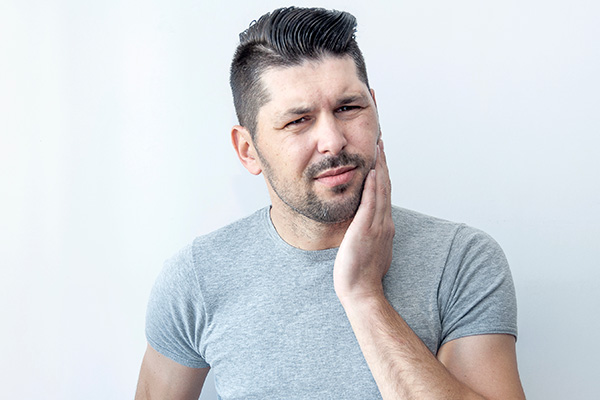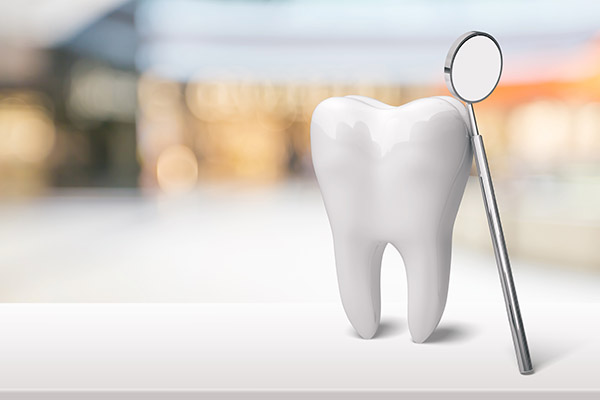
Can Braces Help TMJ?
The temporomandibular joints, also known as
TMJ, connect your lower jawbone to the temporal bones of the skull. The muscles that control the bones are attached to the mandible and allow the jaw to move.
TMJ disorders are the problems that affect the joints and muscles. Some symptoms are jaw pain, difficulty chewing and locking of the joint which makes it difficult to open and close the mouth. There are multiple treatment options for
TMJ disorders that can help you.
How braces can help
TMJ disorders can cause pain and discomfort. Some symptoms can be due to a misaligned jaw or tooth grinding. Braces can help to correct problems such as malocclusion and to deal with bruxism. If the symptoms persist, a person should seek medical advice.
Malocclusion
Some people with TMJ disorders have a feeling of malocclusion. This means that the teeth are not aligned. The teeth should fit properly within the mouth without any spacing or crowding issues. None of the teeth should also be twisted or rotated.The alignment of the teeth affects their ability to perform vital functions such as chewing and biting. Misalignment can cause someone to make unnatural movements when biting. This can be stressful and an inconvenience. In the early stages, individuals usually end up trying to find the right alignment by repeatedly opening and closing the mouth. Due to this overuse, muscles swell. Over time, this can lead to discomfort and other serious complications.Malocclusion of the teeth can affect the TMJ. A dentist can recommend the use of braces to help adjust the position of the teeth and to correct the problem. The treatment will help the teeth to meet correctly. The joint will no longer be under any strain, which will relieve TMJ symptoms.
Tooth grinding
Bruxism is a condition in which a person grinds or clenches the teeth. It can be an indicator that there is something wrong with tooth alignment and bite. Some people who have jaw pain usually clench or grind their teeth, which is why it is considered as a probable cause of TMJ disorders. But there are also many people who grind or clench their teeth habitually but never develop TMJ disorders. Although bruxism as a cause of TMJ problems is not well-proven, treating it is wise. Braces can help with bruxism by straightening teeth and aligning the bite correctly.
Other TMJ treatment options
The stabilization splint or bite guard can provide relief. The appliance is placed over the upper or lower teeth and it prevents contact. It should be used for a short time. If it causes pain a person should stop using it. Pain medications can also provide short-term relief from discomfort.
Contact your dentist
Braces can help to ease the symptoms of TMJ by correcting a misaligned jaw and helping with bruxism. But before you use them it is advisable to consult with your dentist early. Your dentist should help you understand the varied treatment options that can help. You may then decide what works for you.
Request an appointment here: https://www.smilebeautification.com or call Precision Smiles. at (201) 204-1355 for an appointment in our Hackensack office.Check out what others are saying about our services on Yelp: Read our Yelp reviews.
Recent Posts
Root canal treatment is a common dental procedure performed to save a damaged, decayed, or infected tooth from becoming lost or causing more concerning symptoms. It is important to understand the causes and warning signs that indicate a possible need for a root canal.The most notable and common causes for root canal treatment are an…
Root canal treatment is used to address infection or inflammation of the nerves and blood vessels in a tooth’s pulp chamber. The contents of the pulp chamber can become inflamed or infected for various reasons like trauma to a tooth, an untreated crack, or severe deep decay. Root canal treatment often allows patients to save…
Dental veneers can improve your dental health. Your dentist can present many types of this dental restoration. Understanding the types of veneers available can broaden your options. Here are the different types of dental veneers that you must consider.These are the most common types of dental veneers. The material in these restorations is feldspar, which…
Dental veneers help patients achieve a picture-perfect smile. However, these wafer-thin shells go over the natural teeth, which begs the question: Are dental veneers comfortable? When installed correctly, veneers feel just like your real teeth. In this article, we will explore veneers, how they work, and how they manage to feel and look natural.Veneers help…


